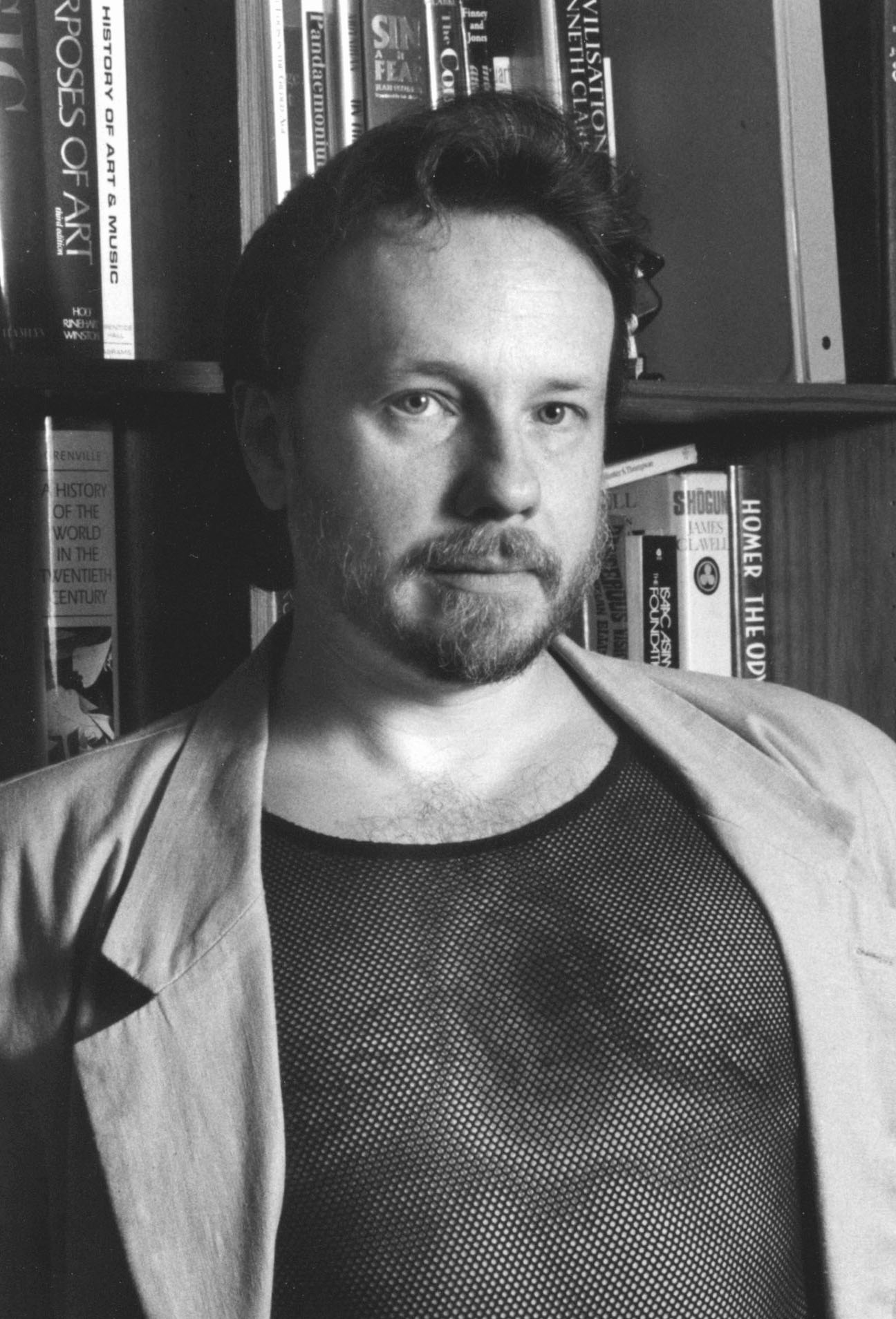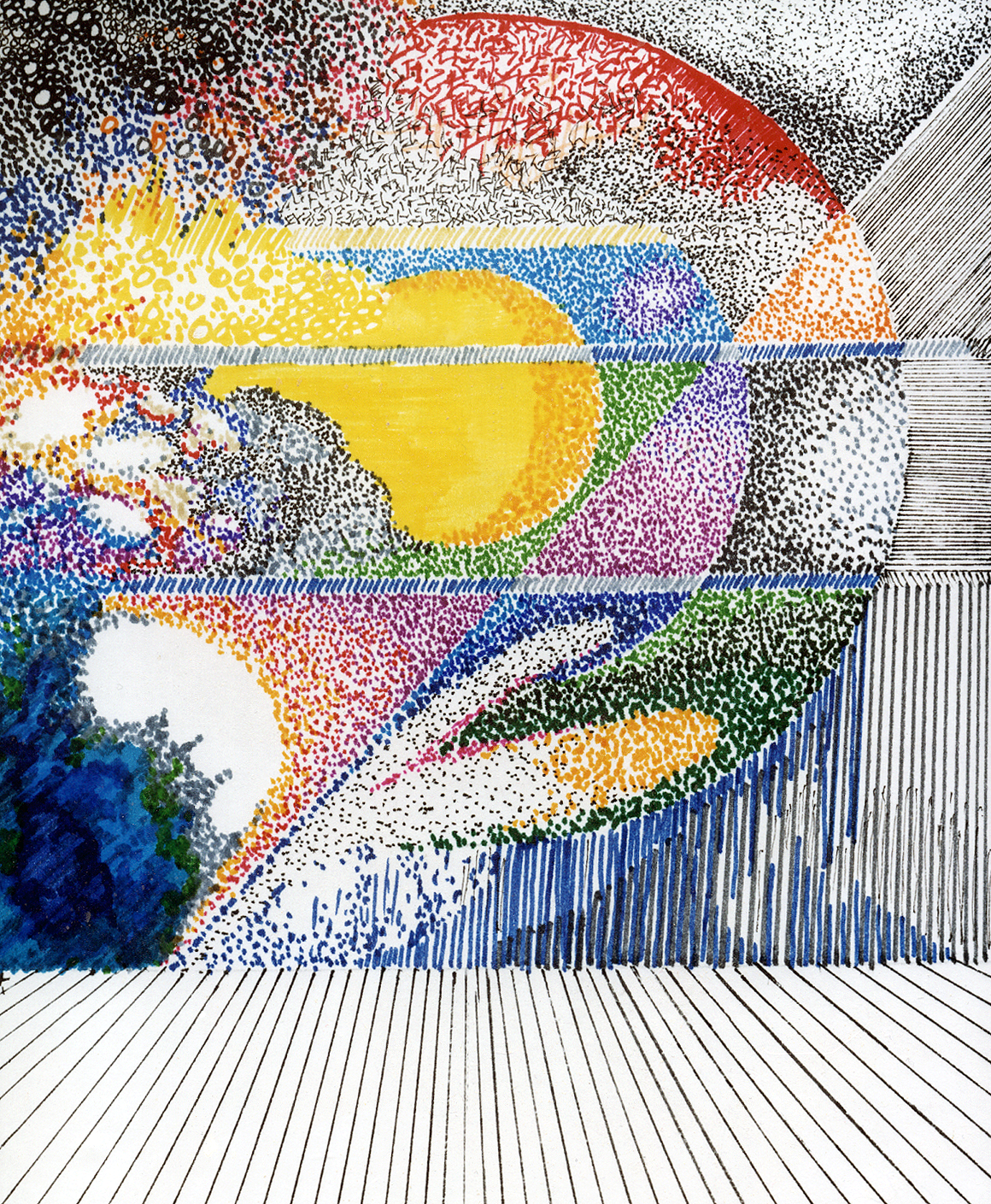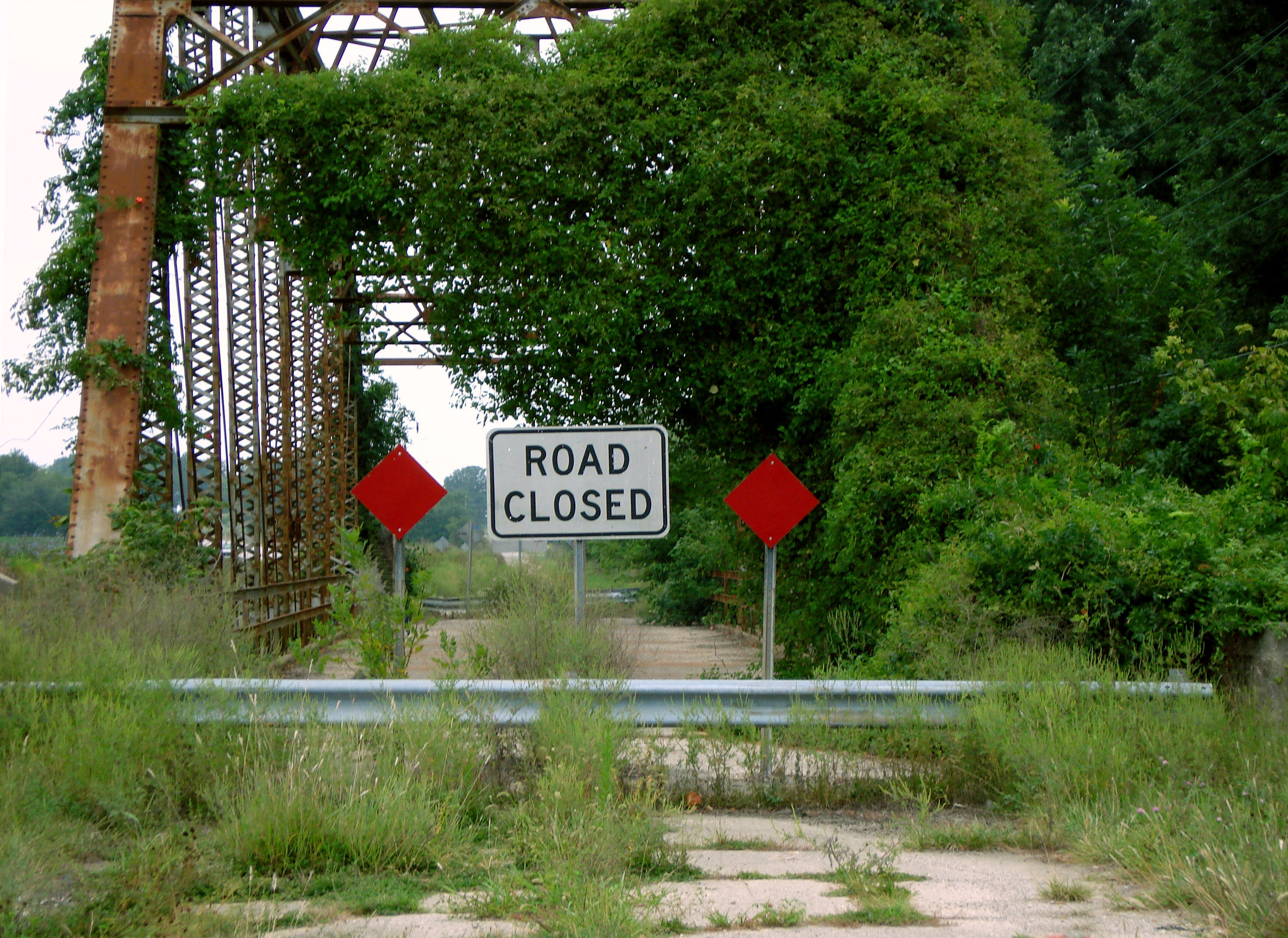There was a time in this country that an open admission of atheism could get a person severely hurt in any given community. Ostracism, mainly, which over time can be very damaging. But like so many other “out of the mainstream” life choices, this too is no longer the case.
According to this article in the New York Times, “No Religion” has more than doubled on surveys in the past ten to twenty years. Now, that does not mean all these folks are atheists or agnostics. It means, quite specifically, that they align themselves with no organized religion.
Some folks might wonder at the difference. What is having faith if not in the context of a religious umbrella?
When I was fifteen I left the church. I’d been educated in a Lutheran school and received a healthy indocrintation in that faith. After entering public high school, I found myself growing less and less involved or interested. There was in this no profound personal insight or revelation. It was adolescent laziness. I’d never been a consistent Sunday church-goer, and although there had been a year or two when I actually practiced Testifying, born out of a powerful belief in Christianity, other factors managed to draw my interest away.
I stopped attending church at all. I didn’t give it a lot of thought—some, but not a lot—until some visiting teachers showed up at my door from my church. They were nice, they were concerned. I’d been receiving the newsletter and so forth. They wanted to know where I’d been. I handed them some sophistry about finding another path. At that point, I still believed in god and accepted Jesus and all that. And in truth I had begun to suspect that the whole church thing had some serious problems. But basically, I just didn’t want to be bothered, and all my new friends came from other backgrounds and didn’t go to that church. I hadn’t especially liked the whole school experience there (having been bullied, mostly, till almost 8th grade) and didn’t have much motivation on that score to go back and make nice with people who had basically treated me like shit.
They accepted my explanation and went away. A few months later I received a letter from the P.T.L. and church board telling me my soul was in jeopardy if I didn’t return to the fold. It took two pages, but the bottom line was I needed to get my butt back to church and beg forgiveness (and pay my dues) or I’d end up in hell.
I was furious. My father read the letter, laughed, and pronounced that they were obviously hard up for money, and suggested I ignore it.
I did for another nine months. Then I got another such letter. Shorter, more to point, and the financial aspect was sharper. This time I didn’t ignore it. I went to the next open P.T.L. meeting there and when they asked for questions from the floor I stood up, read the letter, and then told them that this amounted to harrassment. I didn’t care if they needed money, this was a threat and if I heard from them again, especially this way, they would hear from my lawyer.
I never heard from them again.
My anger did not subside. It drove me into a frenzy of religious questioning. Over the next two years I visited dozens of churches and more than a few off-the-wall sects (even the Church of Scientology), looking for…something.
I found bits of it here and there. Being a rather idealistic youth, having not found a satisfying answer in any of them, I opted to have faith my own way and to hell with all of them. I was done with Organized Religion.
And that’s how I felt about it for a long time—that it wasn’t god I didn’t believe in, but the church. The more I studied the more I came to see how the church had become an institution that looked out for its own interests and my personal moral salvation was but a product sold to make sure the slate roofs didn’t leak and the clergy could dress well. It wasn’t until I almost married a Catholic and went through some of the courses offered that I came to my final revelation that it was all just an extra-governmental method of social organization and control and had no real connection to anything holy.
Whatever that might be.
For several years I was militantly anti-religion. I’ve mellowed. All that I felt then about the church I do still feel, but not to the exclusion of much else. I no longer view “church” as evil or even remotely culpable in social ills. I’ve come to feel that many individual parishes and congregations have staid the tide of harm that sweeps over communities periodically and that without them communities would suffer more because frankly there isn’t anything else that does what a church does. I believe that if all churches vanished tomorrow, by the end of the year there would be new ones, because people seem to need them. They might not be called churches, but, like the organization in the Times piece, would serve all the social functions of one.
I also feel that belief in god is not something that will ever go away. There is a connection people need to feel to things larger than themselves and for many the amorphous thing they call god is it. I dropped that notion when I realized that I felt exactly—exactly—the same feelings I’d felt toward god when in the grip of great music or in the presence of great art. It is, in any of its manifestations, a human thing that takes us out of ourselves and shows us what the universe can mean, and there are many ways to tap into that. There was a time when for the vast majority of people the Church was the only place to go to find that. Seriously. In one place, people could stand in the presence of grandeur that took them out of themselves and connected them to a larger realm, through the architecture, the music…and the stories.
We live in a time when all those things can be experienced by many more people than ever before and in contexts shorn of the rather monopolistic trappings of religion. Perhaps people do not consciously make that connection, but I think more and more people find that they are, for lack of a better term, spiritually fulfilled in the course of living a full life than was ever possible before.
So I am careful about associating labels that may not be exactly correct to this growing phenomenon of people rejecting churches. They are not all atheists. Many may not be agnostics. But all of them have discovered that the thing they sought in religion can be found without it.
The best thing about this is that for all these people there is no one who can write them a threatening letter about hellfire and make them dance to a tune they no longer find danceable.






